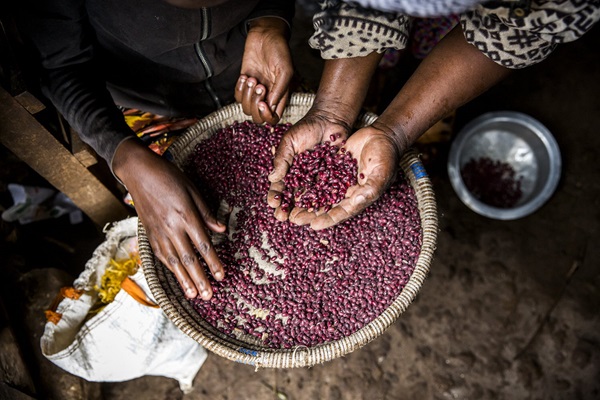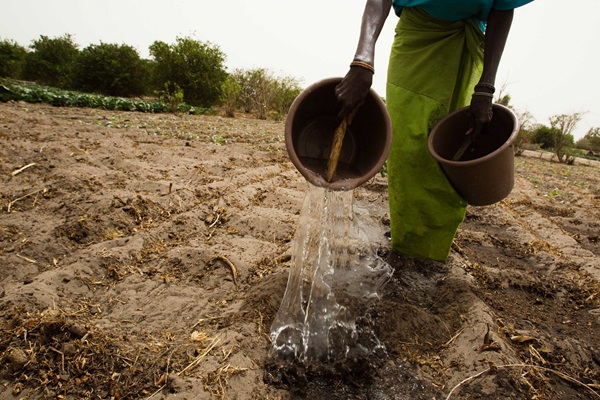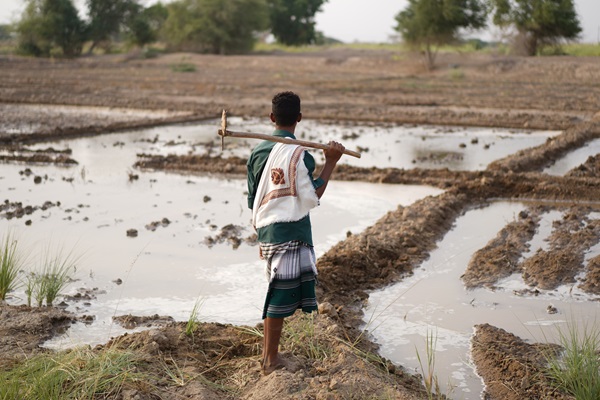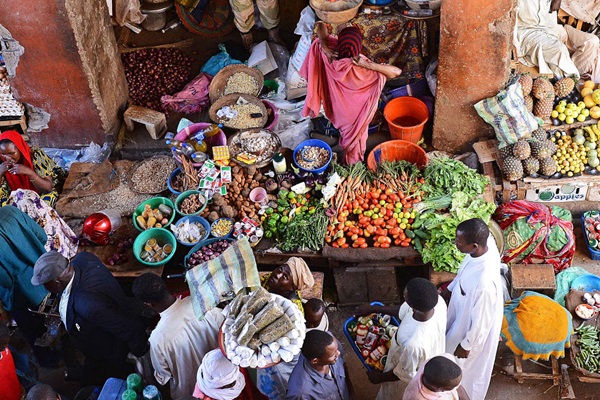Destacados

Prioritizing organizational planning and strategy formulation
05/06/2023
Certain areas of recognized FAO technical expertise, such as water for agriculture or anti-microbial resistance deserve higher prioritization and strategic integration.

Making it count: Evaluating FAO's statistical activities
29/05/2023

Data, technology and innovation
25/05/2023

What have we learnt from FAO evaluations to protect biodiversity?
22/05/2023

Resource mobilization for innovation, underfunded and emerging areas in FAO
09/05/2023
Unearmarked or lightly earmarked voluntary contributions remain critical to finance innovation and underfunded and emerging areas in FAO.

Highlights on FAO’s work on the SDG 6 technical targets
15/03/2023
The evaluation of FAO’s contribution to SDG 6 analyzed FAO’s activities and projects to determine FAO’s work in relation to SDG 6 targets.

EvalForward - comunidad de práctica sobre evaluación
13/03/2023
EvalForward es una comunidad de práctica sobre evaluación para la seguridad alimentaria, la agricultura y el desarrollo rural. Reúne a funcionarios y profesionales para intercambiar experiencias y fortalecer las capacidades de evaluación a nivel nacional.

Evaluating FAO's work on food security and conflict
01/03/2023

Integrated Food Security Phase Classification
22/02/2023

Evaluations in climate change negotiations
08/11/2022
COP26 showed how the global response continues to struggle to meet its commitments and keep pace with escalating climate threats. At the same time, there are also shortcomings in evidence of and reporting on commitments, undermining the credibility of the COP process. This is where evaluation needs to play a far greater role and help to place evaluative evidence firmly in the picture.
